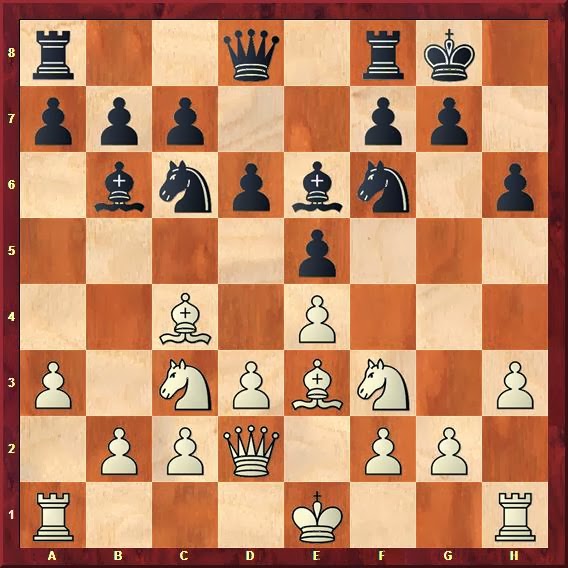I already wrote about analyzing chess games , but would like to return to the subject, as I have recently re-evaluated the thoroughness with which this has to be done. Now I created a 10 point checklist, which repeats some of the previous ideas, but is more appropriate in the context of a single analyzed game: Is the opening well annotated? Will you likely have problems in the same line ever again? Against the same opponent? Do you have an evaluation graph of the game – in SCID or elsewhere? If not – do you have an idea of when advantage shifted from one side to another? Is every blunder marked as “?” in your analysis? Have you updated your opening repertoire (if you have it stored on a computer) based on this game? Did you learn anything about chess in general from this game? Write it down! Did you learn anything about yourself? Did it reveal your weakness in any area of the game – tactics, strategy, psychological issues (lack of confidence, nervo...
